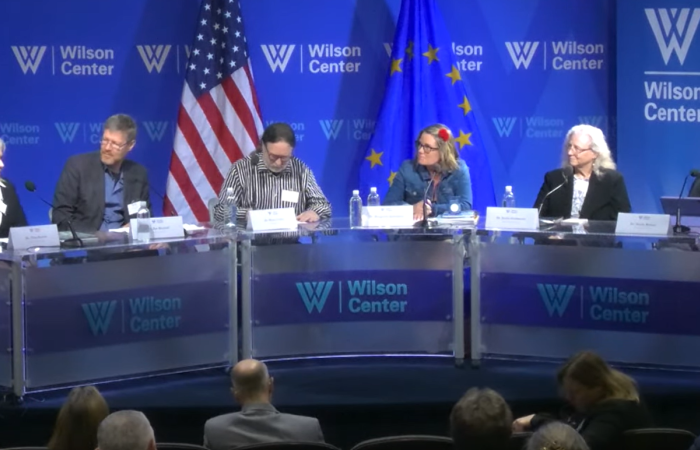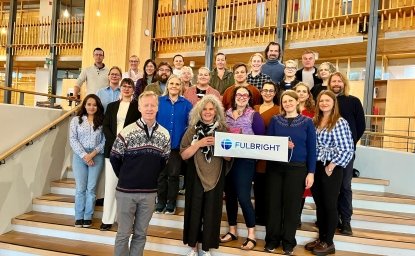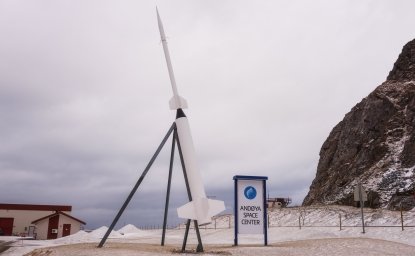The day opened with remarks from both Ambassador Jovita Neliupšienė, EU Ambassador to the United States, and Dr. Mahlet Mesfin, Deputy Assistant Secretary for Ocean, Fisheries and Polar Affairs in the Bureau of Oceans and International Environmental and Scientific Affairs. Ambassador Neliupšienė discussed the criticality of cooperation between the European Union and United States in the Arctic in four key areas: geopolitics, climate and environment, socioeconomic, and scientific research.
DAS Mesfin highlighted the importance of the transatlantic relationship and praised the EU’s dedication to Arctic science:
We recognize evidence-based decision-making is key...scientific research is a fundamental component of this decision-making, and we welcome the EU’s strong focus on funding and facilitating Arctic research."
Both keynote speakers emphasized the importance of prioritizing Arctic communities and indigenous peoples in any scientific or research ventures through comprehensive consultation, coordination, and co-management with Arctic peoples.
Science Diplomacy
Dr. Mike Sfraga (USARC), Dr. Kelly Kryc (NOAA), and Dr. Nicole Biebow (European Polar Board) explored the role of science diplomacy in the Arctic, particularly as it pertains to maintaining scientific relationships with Russia—a topic revisited throughout the public and private sessions of the event. Following Putin’s invasion of Ukraine, most governments froze their political and scientific collaborations with Russia. With the disappearance of existing partnerships, researchers around the world lost access to monitoring sites, field stations, and consequently, data.
The gaps in research and monitoring coverage are creating significant biases in the data—especially since Russia’s land accounts for approximately 53% of the coastline in the Arctic. Researchers are worried that our understanding of the Arctic will continue to deteriorate so long as there is no communication between Russian scientific communities and the outside world. To combat this, some propose researchers should hang on to any avenue for communication so that when collaboration does become available, we can fill those monitoring and research gaps. As Dr. Kelly Kryc noted, “Scientists can often have conversations that members of the government cannot...they can continue the dialogue in a way that maintains some connection even when the geopolitics are difficult.”
Trans-Arctic Relationship
The United States’s relationship with the European Union is often framed in the transatlantic context, but it is also important to consider the “trans-Arctic” nature of the relationship. Three EU member states—Denmark, Finland, and Sweden—are Arctic nations, sharing direct stakes in the future of the region. The US and the EU both understand the strategic importance of the Arctic and share regional priorities including promoting sustainable development, addressing climate change impacts, being good stewards of the environment, and advancing scientific research. The trans-Arctic relationship between the EU and the US is a cornerstone of their broader strategic partnership. By working together, both can ensure a sustainable, peaceful, and prosperous future for the Arctic region and beyond.
Looking Forward
As the Arctic continues to evolve in the face of climate change and geopolitical tensions, it is imperative to foster relationships with regional partners to better understand our changing reality. Dedication to Arctic science cooperation and the prioritization of indigenous communities in research will be key in addressing the complex challenges of the Arctic.
We thank the European Union, especially the European External Action Service, for their enduring commitment to Arctic science and research and co-sponsorship of the “EU-US Arctic Cooperation Event.” We look forward to strengthening the relationship between the Wilson Center and the EU and furthering EU-US Arctic cooperation.






